Playing With Fire
BY CHRISTINE WHITE | December 2, 2016
“Go forth and set the world on fire”
Four months ago at our JVC Northwest Missioning Mass, about 150 new and returning JVs were reminded of these words, this rallying cry of St. Ignatius.
This metaphor of fire lingered in my mind as I left the lush Camp Adams outside of Portland, Oregon and arrived in dryer Wenatchee, Washington with my four JV community members. Little did I know how much fire would continue to appear, both figuratively and, at times, literally during my first months here.
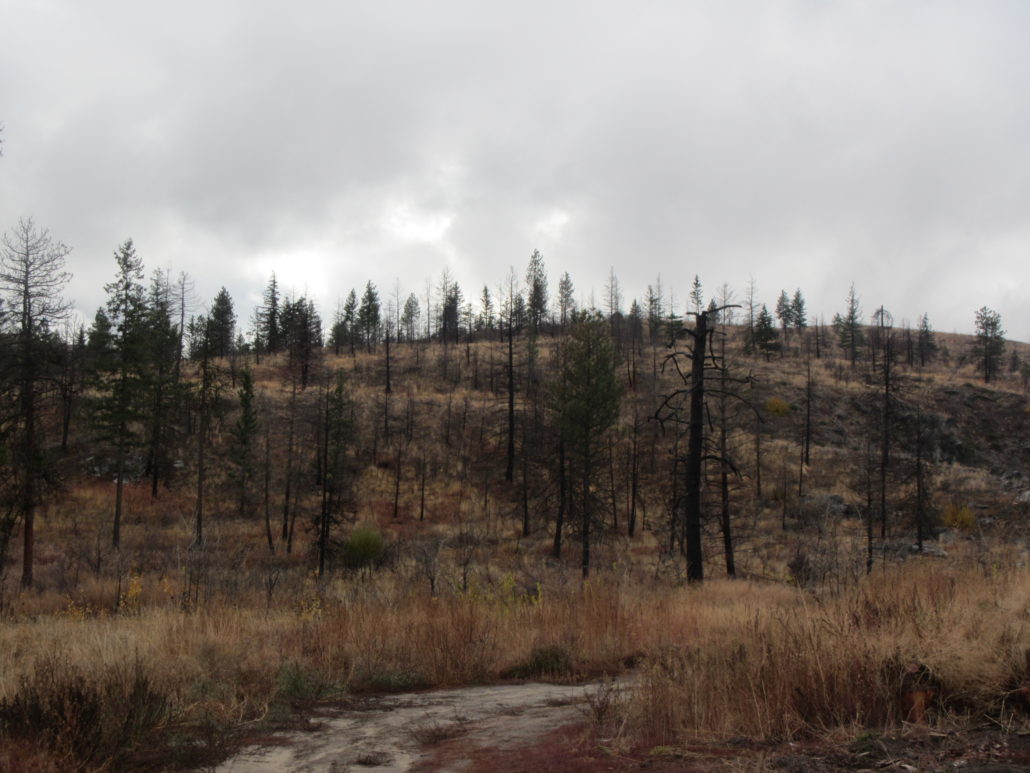
The way that people talk about wildfires in this part of Washington feels as natural as discussing the score to last week’s football game. This summer was mild – there were no burns in Wenatchee itself. It sounds as though this summer brought many fewer days when the smoky haze of nearby burns could be smelled in the air, or rather, felt in my chest as I walked to work. The past years were not so mild – in my first days alone I heard talk of the fires of ’14 and ’15, of the countless days when the air was too thick for the school kids to play outside during recess. Homes in the outskirts of the city burned down, as well as a packing factory that caught fire from floating embers. Photos I’ve seen show bright red flames that seem ready to engulf the entire city.
Recently, I attended a screening of a local documentary that described the environmental and social causes that have created this setting for ‘mega-fires.’ It was fascinating to hear about how good-intentioned efforts of complete fire suppression in the past century have actually thrown off the natural environment and created unhealthy forests more apt to burn, faster and stronger than ever.
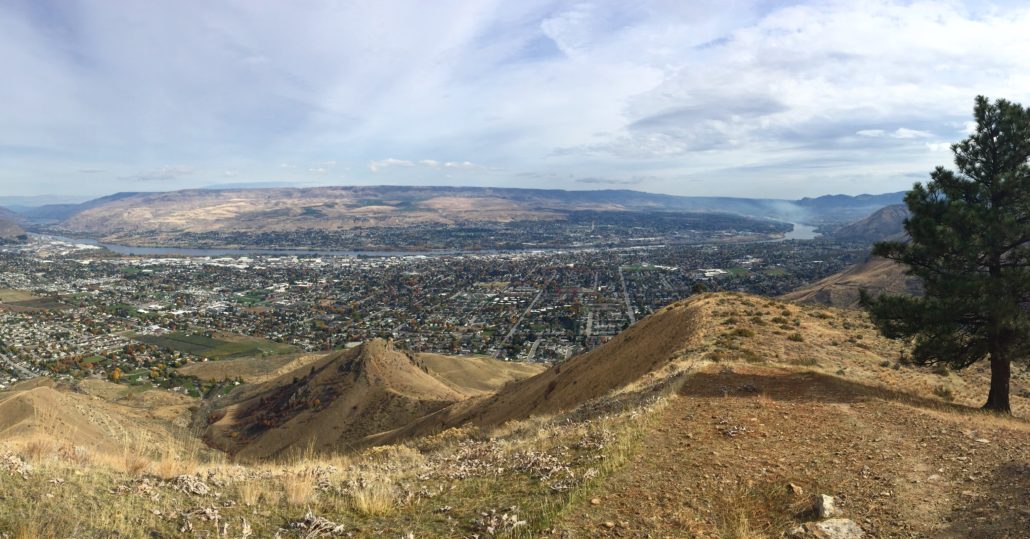
The physical destruction is only the beginning of the nightmare for wildfire victims. The housing market in Wenatchee and surrounding areas is horrifically limited, making relocation difficult, especially for low income families—a reality I see often in housing cases at my JV placement at the Northwest Justice Project. Unfortunately, it’s a struggle felt across the region. For Make a Difference Day in October, my community member Sophie and I traveled a few hours north to assist families in the process of rebuilding their homes in incredibly remote locales. The areas we saw were visited by fire back in 2014, yet the trees were still black, the vegetation still sparse. One man spoke wistfully of his view before the fire, yet he was grateful that he had been able to build on the same spot, just down the road from where his own father had lived and died.
“Go set the world on fire”
Even metaphorically, those words can seem shocking. Fire burns – it can both smolder and flare; it can nourish and destroy, it can comfort and inspire fear. Fire can be natural; it can be man-made. Fire is the raging wildfires that displace people, tearing through homes and destroying irreplaceable belongings; it is the flame of the candle that we light each time my community me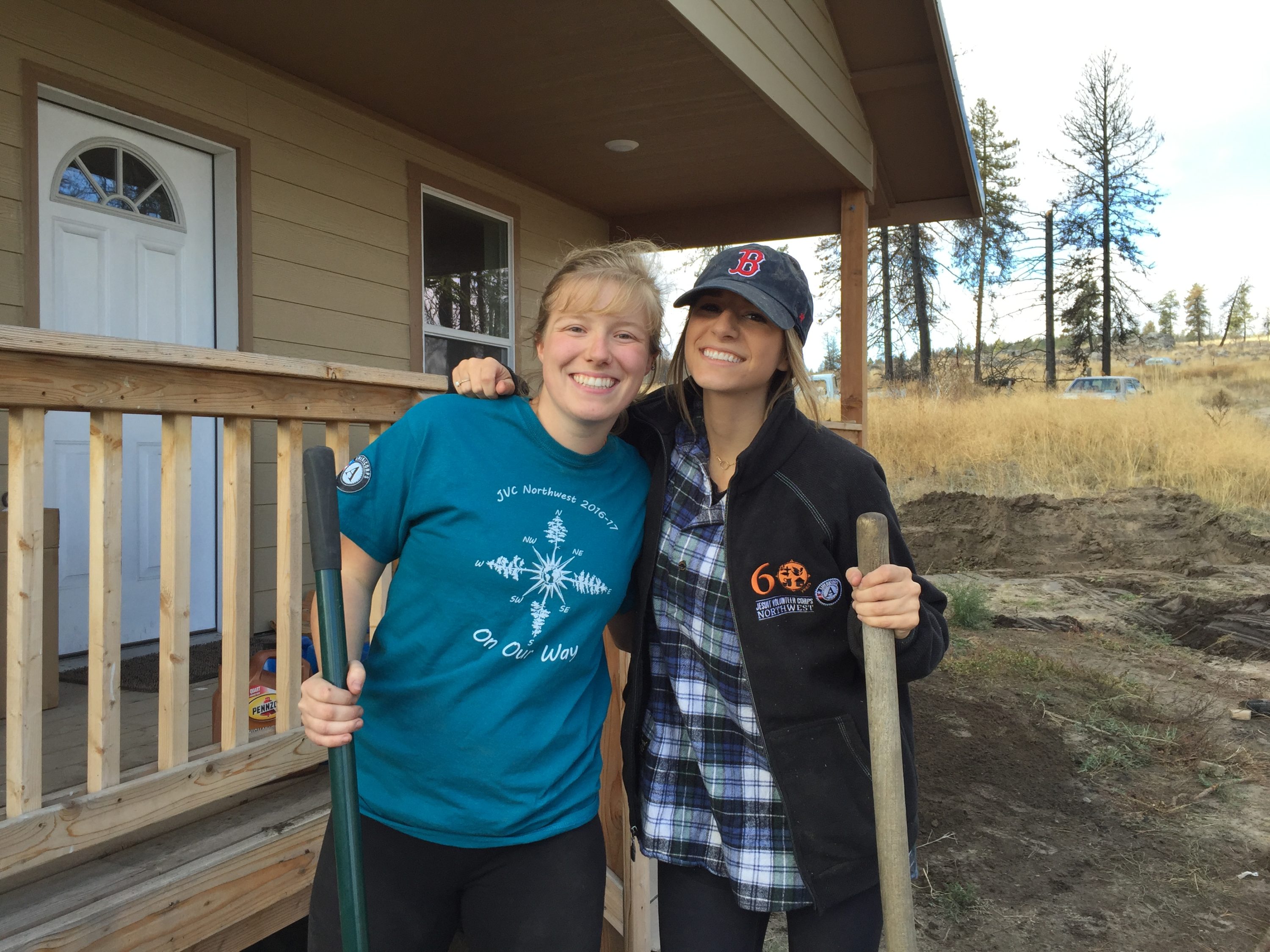 ets for spirituality night.
ets for spirituality night.
How do I set the world on fire? Through small daily actions, I hope. Through my passions and my striving to work in solidarity with marginalized communities. Yet how do I overreach? Does my own fire ever burn a little too strongly and singe others? Am I ever afraid of approaching others’ fires? Am I listening and feeding others’ fires as well as my own? My community was recently able to watch the keynote remarks of Fr. Greg Boyle, S.J. at the 2016 Ignatian Family Teach-In for Justice via livestream. Speaking of two men he worked with, “homies” at the organization Homeboy Industries, Fr. Greg Boyle remarked that if their stories were flames, you’d have to stand back, for fear of getting scorched. How often do I find myself retreating, afraid, intimidated or confused by the burning flames of others?
I feel that this dual image of fire is an incredibly adept one to hold in my heart this year.
May we all find our fires burning brightly, this year, and always.
#JVReflects explores the intersection of faith and justice from the perspective of JESUIT VOLUNTEERS serving as long-term volunteers both domestically and internationally with Jesuit Volunteer Corps and Jesuit Volunteer Corps Northwest. Reflections specifically focus on the cornerstone values of the Jesuit volunteer experience: spirituality, simple living, community, and social justice.
Christina White is a Jesuit Volunteer from Indianapolis, IN. She is currently serving at the Northwest Justice Project in Wenatchee, WA as a Legal Specialist and Outreach Coordinator. She graduated from Indiana University Bloomington with a degree in Political Science, Economics, and Spanish.

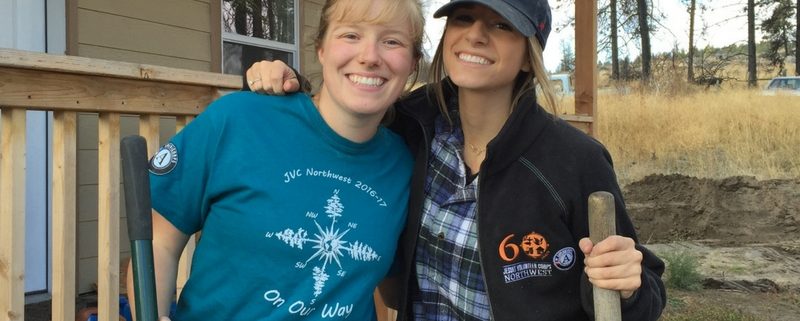

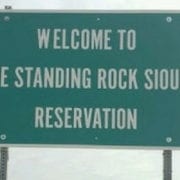
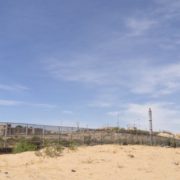
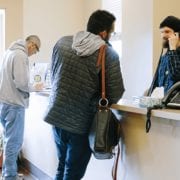
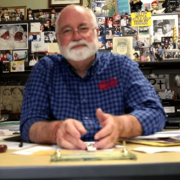
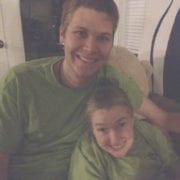



Leave a Reply
Want to join the discussion?Feel free to contribute!